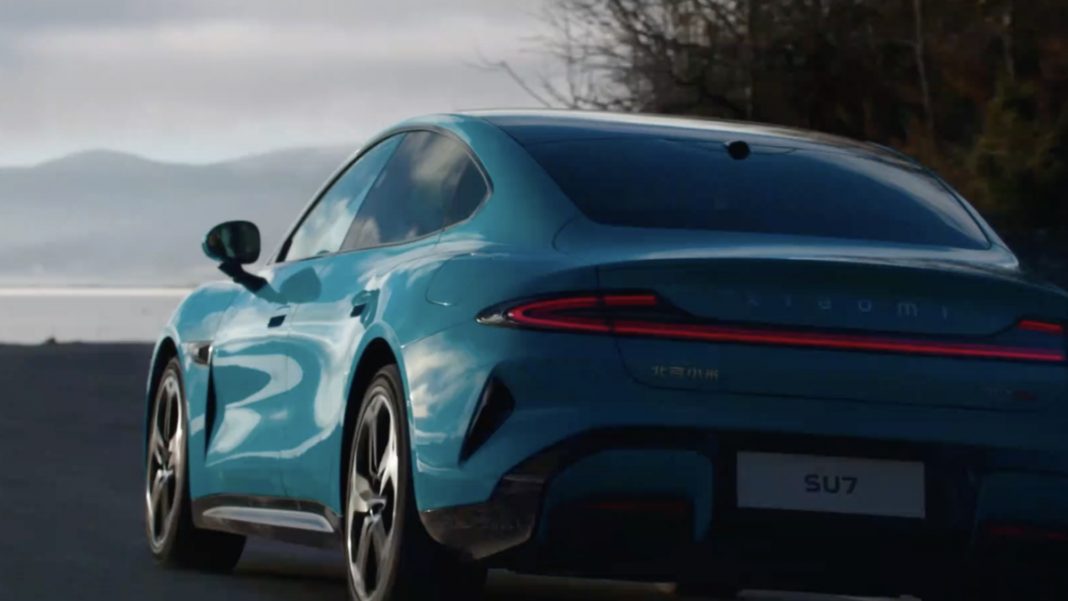CHINA: A Xiaomi car’s fatigue detection system mistakenly went off 20 times, repeatedly issuing voice alerts to a Chinese man with “small eyes” to “focus on driving”.
According to Must Share News, Mr Li (name transliterated from Chinese) was driving his sister’s Xiaomi SU7 Max in Zhejiang, China, on Wednesday (June 18) when the alerts started. Even though he changed his posture, the system kept telling him to “please focus on driving”.
Mr Li later suspected the system couldn’t detect that his eyes were open in the sunlight, reported the Chinese outlet Sohu. “When I forced my eyes wide open, the alarm stopped. But when I let my eyes return to their normal state, it started again,” he said, adding that because his eyes are small, the system kept assuming he was falling asleep.
He also noted that his sister did not encounter the same issue while driving the same car, but when he does, the alerts go off over 20 times.
According to Xiaomi’s customer service, the monitoring feature is installed in all SU7 Max vehicles to enhance protection and programmed to flag possible fatigue by detecting behaviours such as closed eyes, yawning, turning the head, or being distracted by a phone.
The company noted that while the feature may be overly sensitive in some cases, users have the option to disable the feature, Dimsum Daily reported.
This is not the first time the Xiaomi SU7 has come under scrutiny. In March, three university students died in a crash involving the SU7 that was travelling in NOA (Navigate on Autopilot) mode on a highway in Anhui province. The car had detected an obstacle and braked but still hit the side of the road at a speed of 97 km/h, according to Car News China.
Guancha.cn also reported that the driver’s mother had warned her not to trust the car’s intelligent driving function blindly, but her daughter brushed it off, saying the car was “safe to use”.
The crash led to a sharp drop in Xiaomi Group’s stock price over two trading days.
In March 2024, Xiaomi launched the SU7 in Standard, Pro, and Max variants in Beijing, marking its official entry into the electric vehicle market as a competitor to Tesla’s Model 3. /TISG
Read also: 73% Singapore car buyers are interested in electric cars, but many remain wary of high costs

